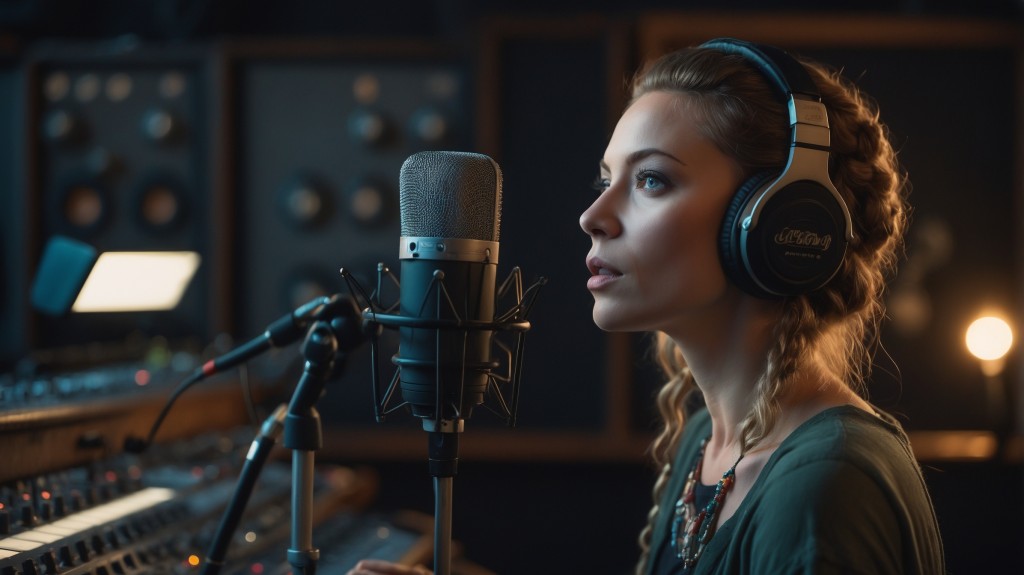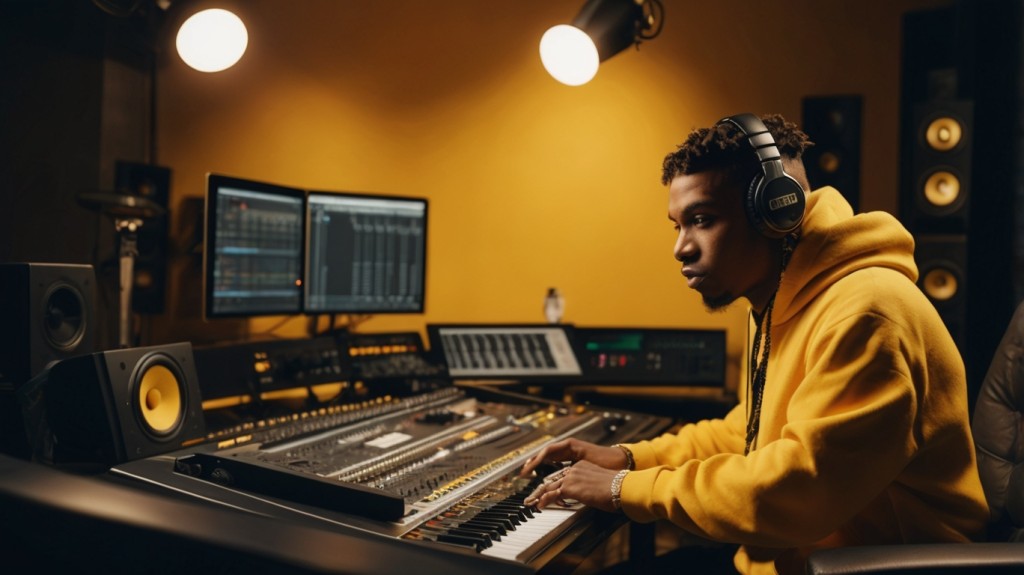The world of recording technology is ever-evolving, continuously reshaping the landscape of music production and distribution. As we step into the future, the advancements in recording technology promise to revolutionize how we create, share, and experience music. This article delves into the emerging technologies and trends that are poised to define the future of recording.
The Evolution of Recording Technology
Early Days of Recording
Analog Era
The journey of recording technology began in the analog era, where sound was captured on physical media such as vinyl records and magnetic tapes. These early methods, though groundbreaking for their time, were limited by the physical constraints of the media and the fidelity of the recordings.
Digital Revolution
Transition to Digital
The digital revolution marked a significant shift in recording technology. The transition from analog to digital brought about a new era of precision and convenience. Digital recording allowed for greater accuracy in capturing sound, reduced noise levels, and the ability to edit recordings with unprecedented ease.
Impact on the Music Industry
The impact of digital recording on the music industry was profound. It democratized music production, enabling independent artists to produce high-quality recordings without the need for expensive studio time. This shift also paved the way for new distribution methods, including the rise of digital downloads and streaming services.
Current Trends in Recording Technology
High-Resolution Audio
Benefits of High-Resolution Audio
High-resolution audio is one of the most significant trends in current recording technology. It offers a richer, more detailed listening experience by capturing sound at higher sampling rates and bit depths compared to standard audio formats. This ensures that even the most subtle nuances of a performance are preserved.
Popular High-Resolution Formats
Formats like FLAC (Free Lossless Audio Codec) and DSD (Direct Stream Digital) have gained popularity among audiophiles and professional musicians alike. These formats provide a superior listening experience that approaches the quality of live performances.
Mobile Recording Solutions
Portability and Convenience
Mobile recording solutions have transformed the way musicians and producers work. With the advent of powerful smartphones and portable recording devices, high-quality recording is now possible virtually anywhere. This portability and convenience have opened up new creative possibilities, allowing artists to capture inspiration on the go.
Popular Mobile Recording Devices
Devices such as the Zoom H6 Handy Recorder and the iRig series have become staples for mobile recording. These tools offer professional-grade sound capture in a compact, user-friendly package, making them ideal for musicians, podcasters, and journalists.
Cloud-Based Recording and Collaboration
Remote Collaboration
Cloud-based recording solutions have revolutionized collaboration in the music industry. Platforms like Splice and Soundtrap enable musicians and producers to work together remotely, sharing projects and ideas in real-time. This has broken down geographical barriers, fostering a more global and inclusive music community.
Security and Accessibility
One of the key advantages of cloud-based recording is the security and accessibility it offers. Projects are stored securely online, protected from data loss due to hardware failures. Additionally, artists can access their work from any device with an internet connection, making it easier to continue projects on the go.

Emerging Technologies Shaping the Future
Artificial Intelligence in Recording
AI-Driven Production Tools
Artificial intelligence is set to play a significant role in the future of recording. AI-driven production tools can analyze and enhance audio, automate mixing and mastering processes, and even compose music. These tools can save time and allow musicians to focus more on the creative aspects of their work.
Enhancing Creativity with AI
AI is not just about automation; it also offers new creative possibilities. For example, AI can generate unique sounds and suggest chord progressions, providing inspiration and pushing the boundaries of musical creativity.
Virtual Reality and Augmented Reality
Immersive Recording Experiences
Virtual reality (VR) and augmented reality (AR) are emerging technologies that offer immersive recording experiences. VR can create virtual studio environments where musicians can collaborate as if they were in the same room, while AR can overlay digital information onto physical spaces, enhancing the recording process.
Potential Applications in Music and Beyond
Beyond music, VR and AR have potential applications in education, gaming, and live performances. Imagine attending a virtual concert where you can interact with the performers or using AR to learn an instrument with real-time visual feedback.
Blockchain and Recording
Rights Management and Royalties
Blockchain technology promises to address longstanding issues in rights management and royalty distribution. By providing a transparent and immutable ledger, blockchain can ensure that artists are fairly compensated for their work, reducing disputes and increasing trust in the industry.
Transparency and Security
Blockchain also enhances transparency and security in the recording industry. It can provide a clear chain of ownership and usage rights, making it easier to track how recordings are used and ensuring that all parties involved are credited appropriately.
The Role of Social Media and Streaming Platforms
Influence on Recording Trends
Social media and streaming platforms have a significant influence on recording trends. Platforms like TikTok and Instagram have popularized short-form content, leading to the rise of catchy, bite-sized songs that can go viral. This shift has changed how artists approach songwriting and production.
Monetization and Distribution
These platforms also offer new monetization and distribution opportunities. Artists can reach a global audience without traditional record labels, monetize their content through ad revenue and sponsorships, and engage directly with their fans.
Sustainability and Eco-Friendly Recording Practices
Reducing Environmental Impact
As awareness of environmental issues grows, the recording industry is also seeking ways to reduce its environmental impact. This includes using energy-efficient equipment, reducing waste, and adopting more sustainable practices in studios.
Sustainable Materials and Practices
Sustainable materials and practices are becoming more common in recording studios. This includes using recycled materials for acoustic treatment, opting for digital over physical media, and supporting initiatives that promote environmental sustainability.
Future Predictions and Speculations
Technological Integration
The future of recording will likely see further integration of various technologies. AI, VR, AR, and blockchain will continue to evolve and intersect, creating new possibilities for music production, distribution, and consumption.
Potential Challenges and Solutions
Despite the exciting advancements, there will be challenges to overcome. Issues such as data privacy, the digital divide, and the ethical use of AI will need to be addressed. However, with thoughtful solutions and collaboration, the future of recording holds great promise.
The future of recording is bright, filled with innovative technologies and trends that will shape the music industry for years to come. From AI and VR to sustainable practices and blockchain, these advancements promise to enhance creativity, accessibility, and fairness in the world of music. As we embrace these changes, the possibilities for artists and listeners alike are truly limitless.









